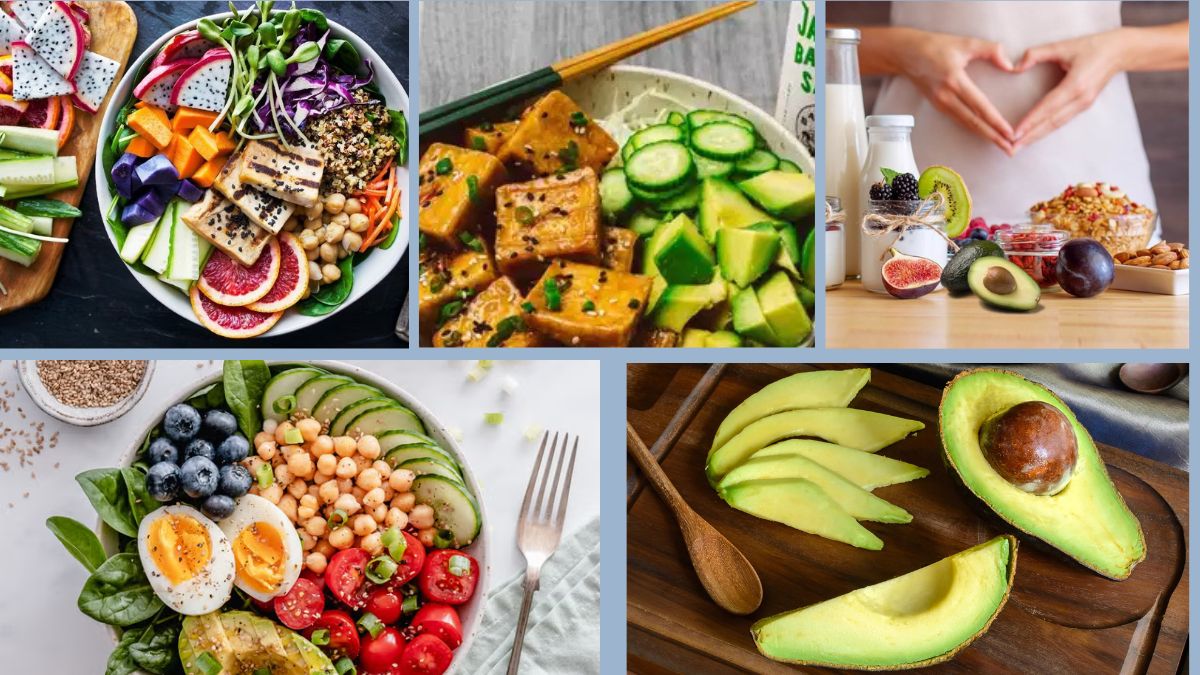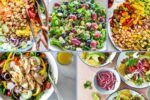.
🌿 Introduction: Bloating—More Than Just a Nuisance
We’ve all felt it—the uncomfortable pressure, the tight waistband, the sluggish feeling after a meal. Bloating affects millions of people daily, and while occasional bloating is normal, chronic or severe bloating can signal underlying digestive imbalance. The good news? What you eat can make a world of difference.
Plant-based diets, when done right, are naturally rich in fiber, antioxidants, and anti-inflammatory compounds that support the gut, reduce inflammation, and promote regular digestion. But not all plant foods are created equal. In fact, some can actually worsen bloating (think: excess raw cruciferous veggies or poorly digested legumes).
That’s why it’s important to focus on the right kind of plant-based foods—the ones that are scientifically backed to soothe your gut and reduce bloating.
Here’s your science-backed guide to the best plant-based foods that can help you beat the bloat naturally—no meat or dairy required.
1. Cucumbers: Nature’s Hydration Hero
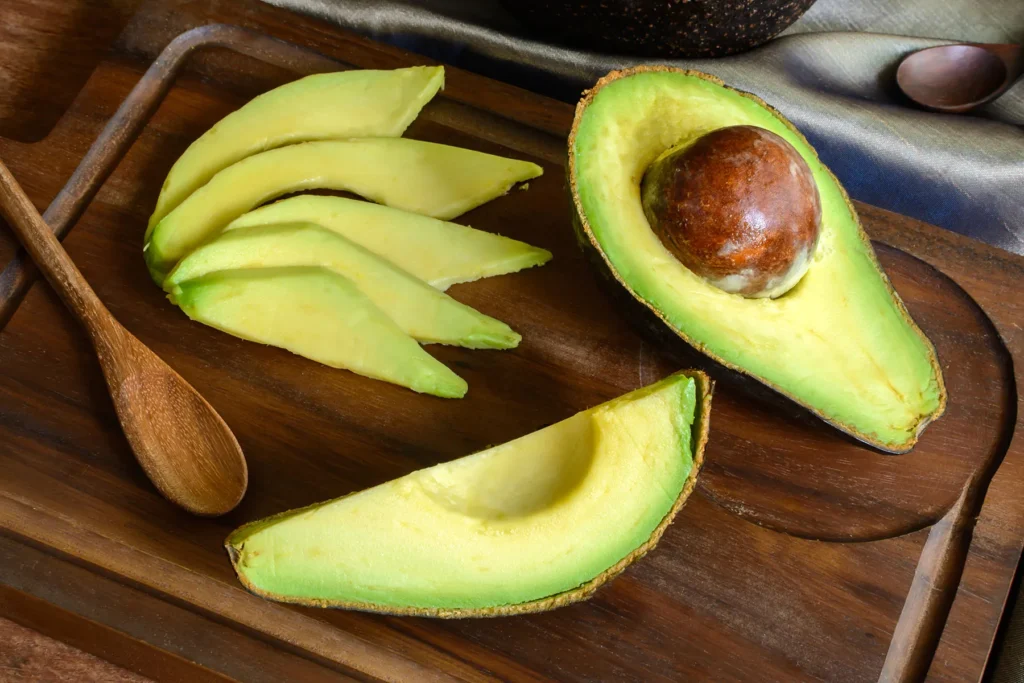
Cucumbers are made up of over 95% water, making them one of the most hydrating foods available. Hydration is key to reducing bloating, especially when water retention is caused by high salt intake or constipation.
Cucumbers also contain a flavonoid called quercetin, which has natural anti-inflammatory properties. A study published in Current Drug Targets found that quercetin can reduce inflammation in the gastrointestinal tract, which may help ease bloating and discomfort.
How to use: Add sliced cucumbers to salads, smoothies, infused water, or enjoy them as a refreshing snack with lemon and sea salt.
2. Ginger: The Gold Standard for Gut Soothing
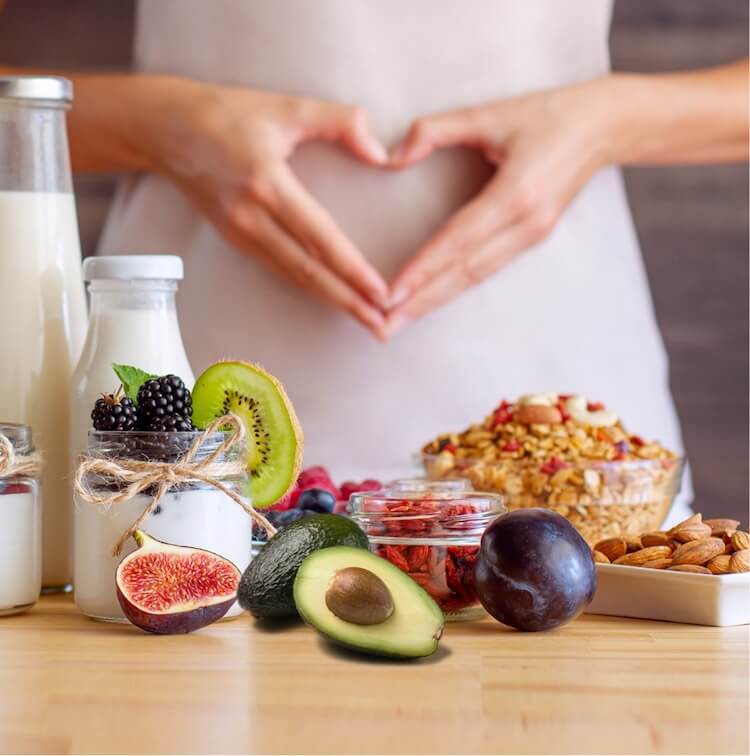
Ginger has been used for centuries to relieve digestive distress—and modern science backs this up. Research in the World Journal of Gastroenterology shows that ginger helps stimulate gastric emptying and enhances intestinal motility, meaning it helps move gas and food through the digestive system more efficiently.
It’s also rich in gingerols and shogaols, compounds known to reduce inflammation and nausea. For those prone to gas or bloating after meals, ginger can act as a natural digestive aid.
How to use: Sip ginger tea after meals, blend fresh ginger into smoothies, or grate it into soups and stir-fries.
3. Pineapple: The Bloat-Fighting Tropical Fruit
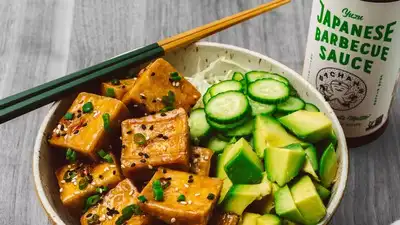
Pineapple is not only sweet and refreshing—it also contains bromelain, a group of enzymes that help break down protein and reduce inflammation. Studies have found bromelain can reduce bloating caused by indigestion or slow stomach emptying.
According to research published in Biotechnology Research International, bromelain also supports a healthy balance of gut bacteria, which can further ease digestive symptoms.
How to use: Enjoy fresh pineapple in fruit salads, smoothies, or as a topping for oatmeal or plant-based yogurt.
4. Cooked Spinach: Gentle Fiber for Sensitive Stomachs
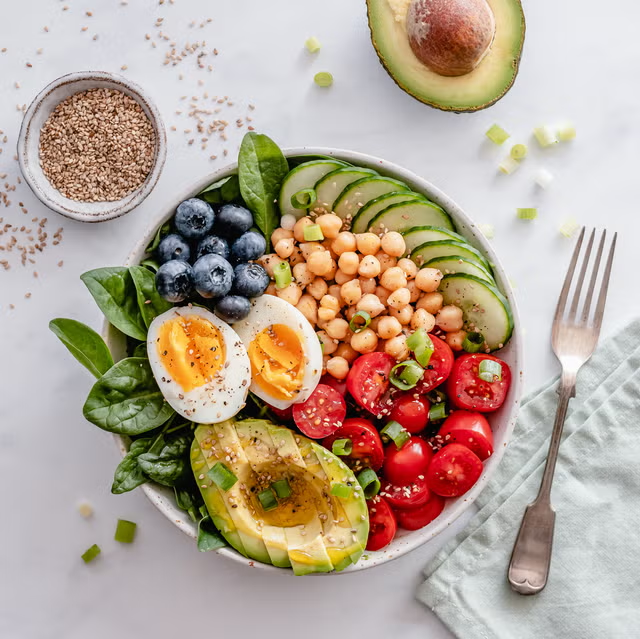
Raw spinach can be hard to digest for some, but when cooked lightly, it becomes a gut-friendly powerhouse. Cooked spinach provides soluble fiber, which absorbs water in the digestive tract and softens stool, making it easier to pass—reducing the likelihood of bloating from constipation.
Spinach is also rich in magnesium, a mineral that relaxes the muscles of the digestive tract and helps prevent water retention and cramping.
How to use: Add sautéed spinach to bowls, soups, or grain-based salads. Pair with olive oil and lemon for an extra digestive boost.
5. Fennel: A Traditional Remedy with Scientific Support
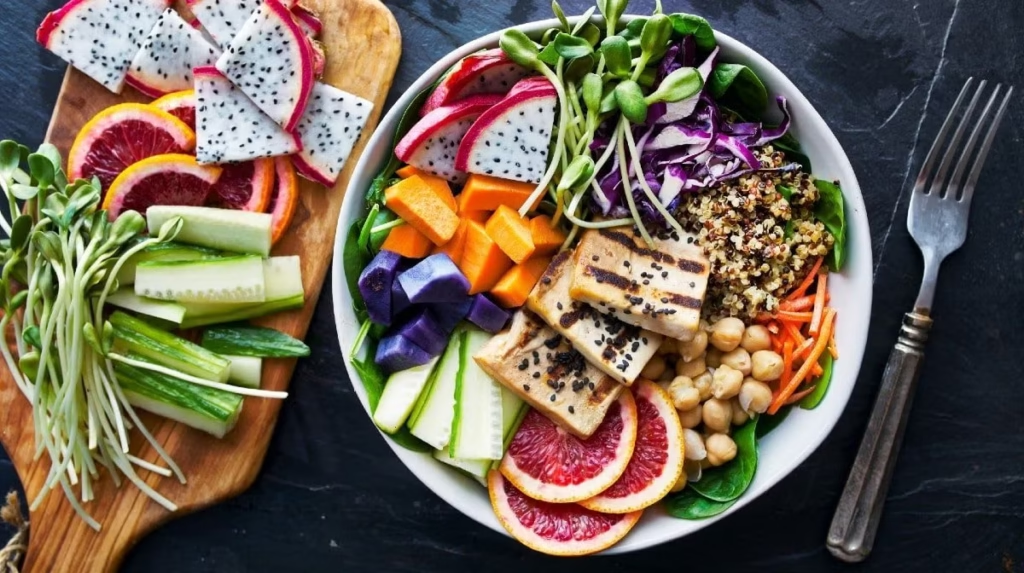
Fennel seeds and bulbs have long been used in Ayurvedic and Mediterranean diets to relieve gas and bloating. Research in the Journal of Ethnopharmacology supports fennel’s ability to relax intestinal muscles and reduce flatulence.
Fennel contains anethole, a compound with carminative properties (meaning it helps expel gas from the intestines). It also has antispasmodic effects that ease intestinal cramping.
How to use: Drink fennel tea after meals, roast fennel bulbs with olive oil and lemon, or sprinkle crushed fennel seeds into soups and stews.
6. Green Bananas: A Source of Resistant Starch
Unlike ripe bananas, green bananas contain high levels of resistant starch—a prebiotic fiber that resists digestion and feeds good bacteria in the colon. This can promote a healthier gut microbiome, reduce inflammation, and improve digestion over time.
A study published in Gut Microbes found that resistant starch can reduce symptoms of bloating, especially in people with IBS or irregular digestion.
How to use: Slice into smoothies, bake into muffins, or blend into overnight oats.
7. Oats: Soluble Fiber for a Calm Gut
Oats are a gentle, soluble-fiber-rich food that helps regulate bowel movements and prevent bloating caused by constipation. Soluble fiber forms a gel-like substance in the digestive tract, helping move waste smoothly and supporting healthy gut bacteria.
Oats also contain beta-glucans, compounds shown in research to lower inflammation and improve digestive health.
How to use: Go for overnight oats, warm oatmeal, or oat flour pancakes. Add flaxseeds or chia for extra gut-loving goodness.
8. Peppermint: A Natural Antispasmodic
While not a food in the traditional sense, peppermint tea or oil is one of the most well-studied natural remedies for bloating and gas. According to a meta-analysis in BMJ Clinical Evidence, peppermint oil was significantly more effective than placebo in reducing bloating and cramping in IBS patients.
Peppermint works by relaxing the smooth muscles of the intestines, helping trapped gas pass more easily and easing digestive discomfort.
How to use: Drink a warm cup of peppermint tea after meals, or use fresh mint in salads and smoothies.
9. Lentils (When Cooked and Properly Soaked)
Legumes like lentils can cause gas for some—but when soaked and cooked properly, they become much easier to digest. Lentils are full of prebiotic fiber, resistant starch, and plant-based protein—all of which support a balanced gut microbiome.
Start with smaller portions and try red lentils, which are lower in FODMAPs and gentler on the digestive system.
How to use: Make lentil soup, dal, or add to grain bowls with cooked veggies and olive oil.
Bonus: Hydration + Herbal Support
Alongside these foods, don’t forget the basics:
- Stay hydrated with water and herbal teas (ginger, fennel, peppermint).
- Avoid excessive raw foods if you’re sensitive—cooking veggies makes them easier to digest.
- Limit carbonated drinks, excess salt, and processed snacks, which can contribute to water retention and bloating.
Final Thoughts: Eat to Ease, Not to Restrict
Bloating can feel discouraging—but it doesn’t mean you need to give up on fiber, plants, or your vegetarian diet. Instead, focus on incorporating these science-backed, bloat-easing plant-based foods to support your gut from the inside out.
Gentle fiber, hydration, gut-loving nutrients, and mindful meal timing can make a dramatic difference in how your digestive system feels every day.
